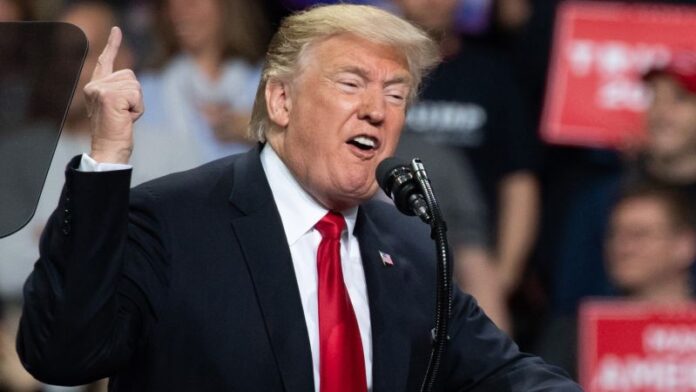Key Falsehoods or Claims: The Chinese embassy in Washington takes aim at Donald Trump’s tariff strategies, criticizing them as detrimental to both the US and global economy. They claim that the tariffs are not only damaging to American businesses and consumers, but also violate international trade rules.
Source and Bias: The Straits Times is a reputable news outlet known for its balanced reporting. The article appears to present the Chinese embassy’s perspective fairly, without endorsing or rejecting their claims.
Analysis of Falsehoods: The Chinese embassy’s criticism of Trump’s tariffs may shape public opinion by amplifying existing concerns about the economic impact of his trade policies. The article could potentially fuel anti-Trump sentiments among those who believe the tariffs are harmful to the economy. This kind of rhetoric perpetuates a polarized political climate, where individuals may be more likely to dismiss opposing viewpoints or engage in hostile political discourse.
Threat to Democracy: The propagation of falsehoods and conspiracy theories, especially by foreign entities, has the potential to exacerbate division and erode public trust in government institutions and the media. It also poses a threat to democracy by influencing public opinion and potentially impacting voter behavior.
Hypothetical Public Reactions: The Chinese embassy’s criticisms may resonate with individuals who have been negatively affected by the tariffs, potentially strengthening anti-Trump sentiment among this demographic. However, those who support Trump’s policies may dismiss the embassy’s claims as propaganda.
Further Reading: For a deeper understanding of media influence and misinformation studies, readers may find value in exploring reputable sources such as the Harvard Kennedy School’s Misinformation Review and the Reuters Institute for the Study of Journalism. These sources offer critical insights into the impact of misinformation on public opinion and democratic processes.
Source link
Redirect URL
